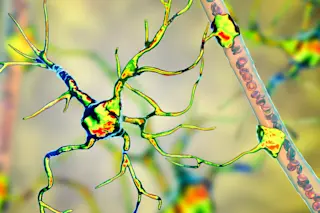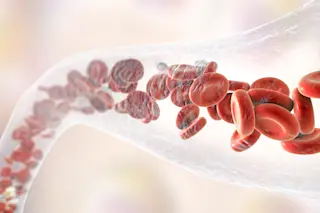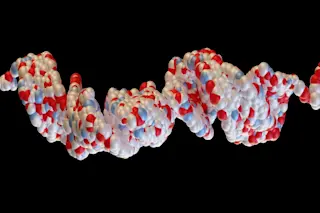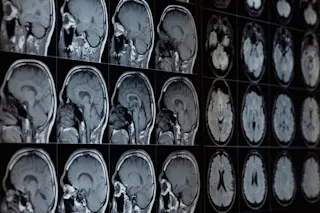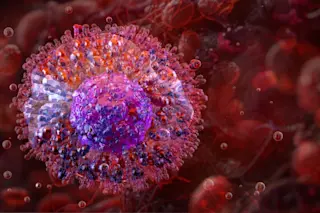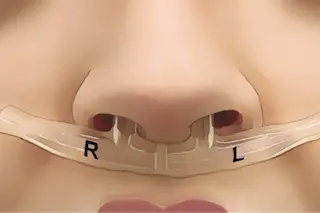The Vatican has issued new ethical guidelines in response to the biomedical advances of the last 20 years, and has come down hard on assisted reproduction technologies and genetic engineering. The document, Dignitas Personae (which translates as "human dignity"), reaffirm the church's opposition to in vitro fertilization. It also tells Catholics that the church also doesn't condone "adopting" leftover fertilized embryos from fertility clinics, and frowns upon the genetic testing of embryos before implantation, which could lead to the embryo being discarded.
The Vatican says these techniques violate the principles that every human life — even an embryo — is sacred, and that babies should be conceived only through intercourse by a married couple [The New York Times].
These instructions stem from two fundamental theological principles: that life begins at conception and that the origin of human life is the "fruit of marriage." ... The document now makes clear that ...


